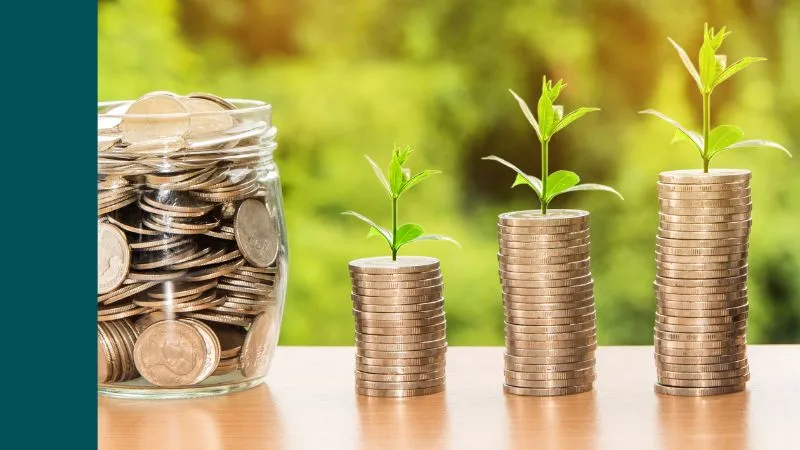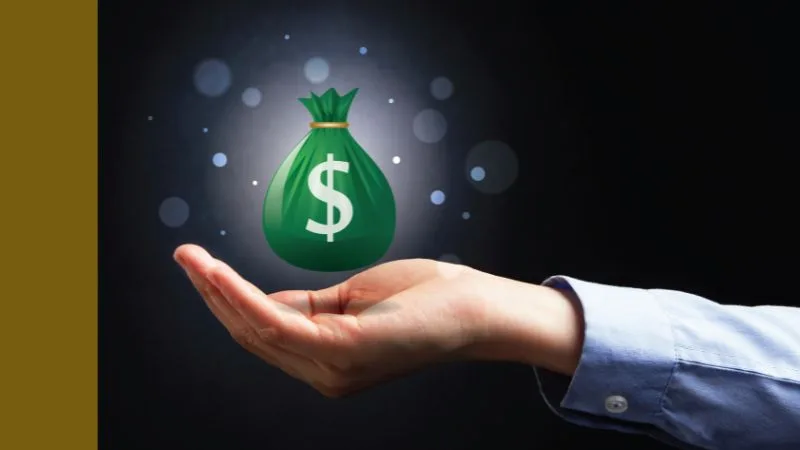Investing $1,000 doesn’t seem like a big deal, right? In this brief article, I’m going to show you how $1,000 invested on the ASX could compound your wealth for many years. It’s fairly easy, too!
Just $1,000?
You may think $1,000 is hardly going to move the needle or give you the financial freedom to kick back and drink cocktails in the Bahamas after flying on your private jet.
If flying by a private jet and drinking cocktails in the Bahamas in your goal, then I suggest for the average person winning the lotto is their best bet. But, the saying “easy come, easy go” comes to mind…
If money is easily earned, then it’s even easier to squander it…
That’s why so many famous sports stars and celebrities who amass millions over their careers end up broke with nothing. Take Mike Tyson as an example. Tyson amassed more than $300 million over the span of his boxing career, which included being the youngest heavyweight champion in the world. He should be set for life, right?
Nope, back in 2003, he filed for bankruptcy.
The reality is that living a life of financial freedom comes through building good habits, which starts by living below your means and minimising unnecessary expenses. Instead of a brand-new car which comes with a $50,000 loan, it’s a second-hand car at least a few years old which can be obtained for roughly 55-60% of the original purchase price… and preferably with cash to avoid pesky bank fees and interest!
Along with living below your means, investing in shares is one of the best ways to protect against inflation over the long-term. But, how do you choose what shares to invest in to find the next Apple Inc (NASDAQ: AAPL), Alphabet Inc (NASDAQ: GOOGL) or Amazon Inc. (NASDAQ: AMZN)?
The reality is that finding the next shooting star is going to need a lot of luck! But, don’t let me stop you from trying… (and if you do happen to have the next shooting star, feel free to share it with me!).
However, the best way to catch the next shooting stars, I believe, is through the iShares S&P 500 ETF (ASX: IVV), which gives Australian investors exposure to the 500 biggest shares in the USA. As the companies become profitable enough, the ETF should pick them up and automatically invest in them for you. The kicker is the 0.04% of yearly management fees.
What’s the significance of the management fees? Think very hard and very carefully before putting your money in an investment with ongoing fees. A 1% or even 2% fee might not sound like much, but consider $1,000 invested over 30 years at 10% will grow to a future value of ~$17,500 while investment at 8% will grow to a future value of just ~$10,000. A 2% difference in yearly fees skims over 50% from your investment value!
How About Brokerage Fees?
With $20-30 in brokerage fees just to make the trade and invest $1,000 in the IVV ETF, it’s best to minimise the fees as much as possible. Buying something to ideally hold forever also helps in this respect. Who knows if the next hot thing you invest in this week will become a desperate sell next month, or next year? Investing in an ETF with a fee of 0.04% where someone else worries about what to buy and sell sounds pretty good to me!
By buying an ETF like IVV, there’s also an added bonus of delaying paying tax while your investment compounds, which is often underappreciated by investors.
I’m all for set-and-forget investing over the long term. Fortunately, thanks to ETFs like IVV you can start today with just $1,000. And keep in mind a seemingly small regular investment of $1,000 can help you develop good habits when it comes to investing more meaningful sums of money in the future.
[ls_content_block id=”18457″ para=”paragraphs”]
Disclosure: At the time of publishing Andrew does not have a financial interest in any of the companies or ETFs mentioned.











